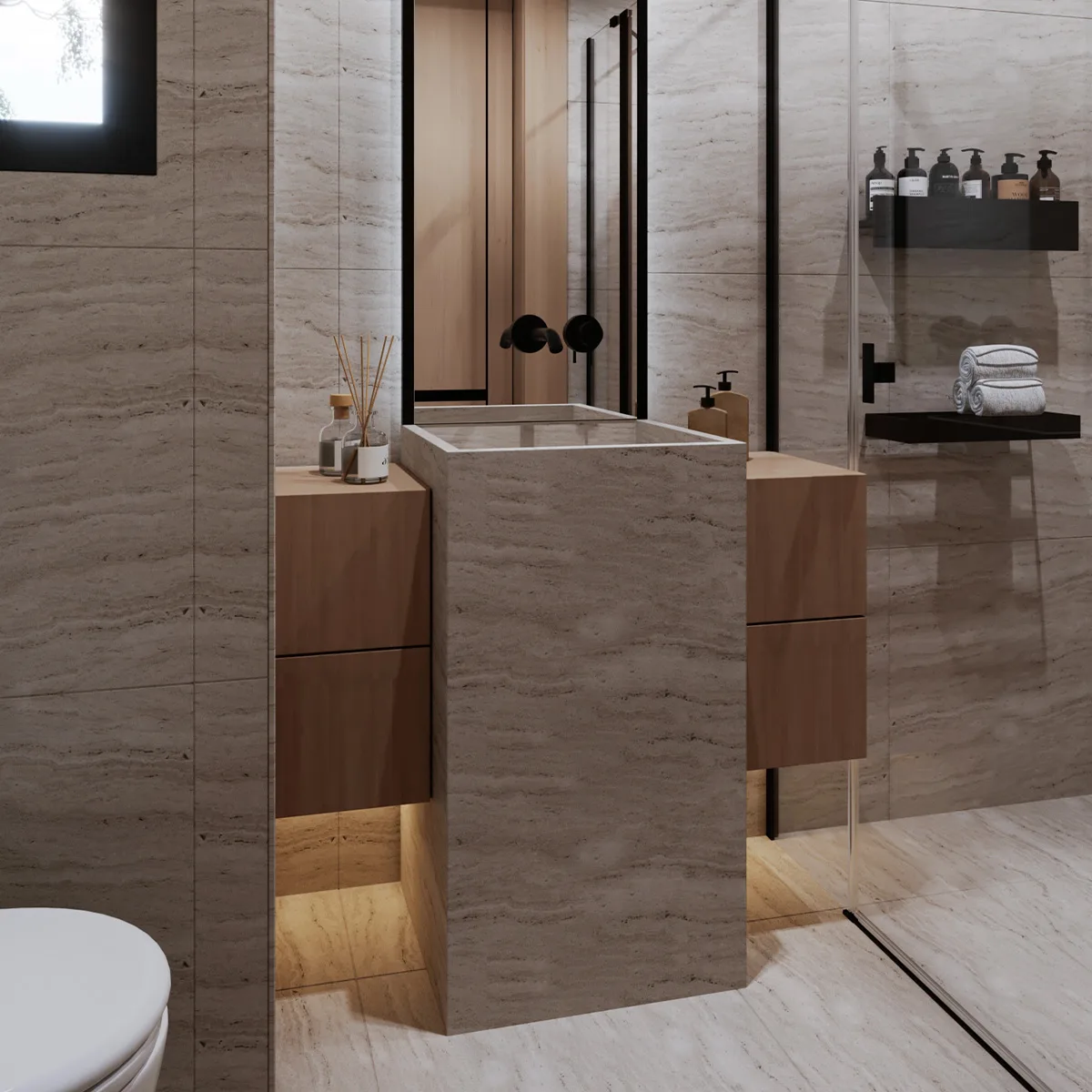
Standing at the crossroads of Ghana’s booming property market, I’ve witnessed countless investors grapple with a fundamental question: Should you buy shares in a Real Estate Investment Trust or purchase property directly? After analysing market data and observing investment outcomes across Accra, Kumasi, and emerging locations, the answer isn’t straightforward; it depends entirely on your financial goals, risk appetite, and hands-on involvement preference.
Ghana’s real estate market is experiencing unprecedented momentum in 2025, with property values rising 10-12% annually and foreign investment surging. This creates compelling opportunities through both investment pathways, each offering distinct advantages for building wealth through the Ghana property market 2025 opportunities.
Understanding REITs in Ghana’s Evolving Landscape
Real Estate Investment Trusts represent a breakthrough for Ghana’s property sector, with GREDA launching comprehensive REIT initiatives in March 2025. These professionally managed funds pool investor capital to acquire income-generating properties, ranging from office complexes to residential developments, and distribute rental profits as dividends.
Here’s what makes REITs particularly attractive: they enjoy complete tax exemption under Ghana’s Securities and Exchange Commission guidelines, meaning higher net returns for investors. However, currently, no REITs trade publicly on the Ghana Stock Exchange, despite successful unlisted entities like Sentinel REIT acquiring prestigious properties such as One Airport Square.
The regulatory framework requires minimum custodian capital of GH¢50 million, whilst 75% of assets must comprise real estate investments. REITs typically target 6-12% annual returns through diversified property portfolios, offering passive income real estate opportunities without direct management responsibilities.
Direct Property Investment: The Traditional Route
Purchasing property directly means acquiring individual assets, whether a $80,000 three-bedroom house in Kumasi or a $600,000 luxury home in Accra’s East Legon. This approach grants complete ownership control, enabling personalised investment strategies and direct tenant relationships.
For foreign investors, Ghana’s legal framework requires leasehold arrangements through corporate structures, with minimum investments of $200,000 for joint ventures or $500,000 for wholly foreign-owned enterprises. Transaction processes involve comprehensive due diligence, legal representation, and stamp duty payments ranging 0.25-1% of property values.
Having observed VAAL Ghana’s Villanova development near Jubilee House and Legato Heights in Ridge, I’ve seen how strategic location selection drives exceptional returns. Professional property management services typically charge 8-12% of rental income, handling maintenance and tenant relations for busy investors.
The Numbers Game: REITs vs Direct Property Ghana Returns
Current market data reveals significant performance differences. Residential rental yields reach 8-13.5% across major cities, with prime Accra locations commanding premium rates. Direct property investment often outperforms REIT projections, particularly in emerging areas experiencing rapid development.
Investment minimums create the starkest contrast. REITs theoretically allow smaller entries once publicly listed, whilst direct property requires substantial capital. Accra properties typically start around $250,000, though opportunities exist in satellite towns for lower entry points.
Liquidity represents the crucial differentiator. REITs provide superior liquidity through stock exchange trading, whilst property sales require lengthy processes involving legal procedures and market timing. Transaction costs for direct property include 1-2% legal fees plus registration expenses.
Weighing Your Investment Options
Choose REITs if you want.
- Passive income without management responsibilities
- Professional property selection and maintenance
- Diversification across multiple properties
- Tax-efficient investment structure
- Easy exit strategy through public trading
Choose direct property if you seek:
- Maximum control over investment decisions
- Potentially higher returns through strategic selection
- Personal use options and flexibility
- Direct ownership benefits and pride
- Leverage opportunities through mortgage financing
However, challenges exist. Ghana’s REIT market remains severely limited, with no public listings, restricting access and transparency. Meanwhile, direct property requires significant capital, ongoing management, and navigation of complex legal frameworks.
Making Your Investment Choice in 2025
Ghana’s urbanisation, reaching 61% by 2025, and sustained housing deficits create favourable conditions for both strategies. Success requires matching the investment approach with individual circumstances, risk tolerance, and capital availability.
For diaspora investors managing $4.6 billion in annual remittances, professional property management enables remote ownership whilst government incentives support affordable housing developments.
Market fundamentals, including economic growth and infrastructure development, support both investment pathways. The key lies in thorough due diligence, professional guidance, and strategic alignment with personal investment objectives.
Whether pursuing REITs for passive diversification or direct property for maximum control, Ghana’s dynamic real estate market rewards informed investors who understand local dynamics. Consider your investment timeline, management capacity, and return expectations when making this crucial decision.
Ready to start your real estate investment journey in Ghana? Contact VAAL Ghana’s expert team for tailored advice on REITs, direct property purchases, and building a strategy that fits your goals in 2025’s evolving market landscape.